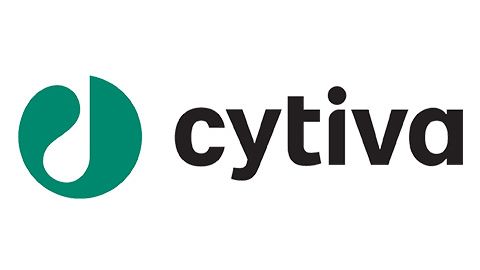In food safety, chemical manufacturing, and environmental testing labs the need to consistently generate high-quality data means that managers, scientists, and technicians need their instruments to perform optimally around the clock. Filtering samples before injection into a chromatography instrument is a simple way that technicians can protect their column and instrument from unnecessary wear and excess downtime.
Download this app note to learn more about:
- Extending HPLC column life with good filtration
- Long-term savings of good filtration
- Protecting the quality of your data
Introduction High-volume laboratories must keep analytic instruments running reliably while producing quality data. This means laboratory managers and technicians must ensure their instruments are performing optimally around the clock. Filtering samples before injection into a chromatography instrument is one of the primary ways that an analyst can protect their column and instrument from unnecessary wear and excess downtime. Filtration of both the sample and mobile phase prior to analysis helps increase the lifespan of chromatography columns, reduce overall instrument wear, and remove any particles that may interfere with the chromatogram. Of the four common causes for HPLC column failure – plugging, voids, absorbed sample, and chemical attack – plugging is the most frequently encountered by chemists or analysts. Injection of samples containing particulates will eventually block the column inlet and column packing, cause high column back pressure, and shorten the lifetime of the column. This scientific brief reviews how high-performance syringe filters protect and extend the life of analytical HPLC and UHPLC instruments and columns. Filtration Extends HPLC Column Life Particulate finding its way into a column will result in increased column backpressure, disrupted nominal band shape, and reduced plate number, consequently shortening column life and making analytical results difficult to interpret. In addition to extending the life of the HPLC column, particulate removal also protects the pump, injector, and other components from premature wear. Accurate, reproducible data depends on proper HPLC column performance. Column blockages can be prevented by filtering the mobile phase through a 0.2 µm or 0.45 µm membrane disc or syringe filter, such as the Pall Acrodisc® One, and utilizing inline filtration within the instrument. Without filtration, particles present in the sample can cause higher system pressures, shifted retention times, plus poor peak shape and separation. Sample filtration is most often performed using syringe filters since they are a time-effective and easy-to-implement method. In a recent study, high-performance filtration was fou





